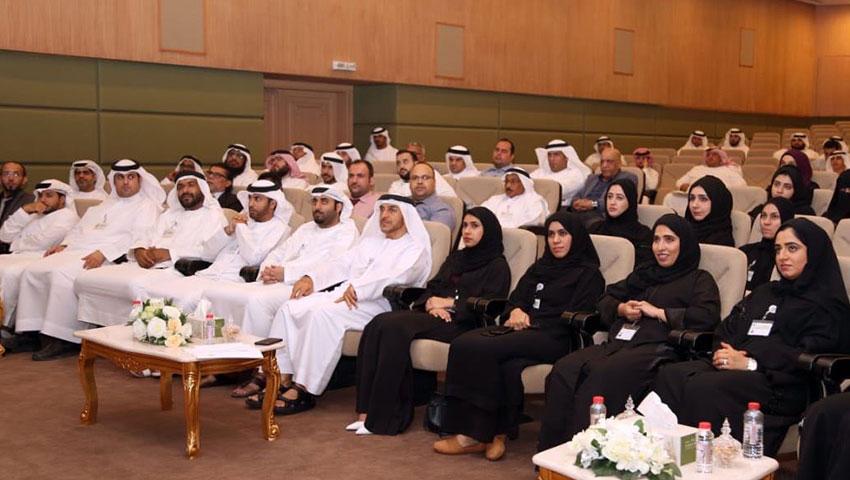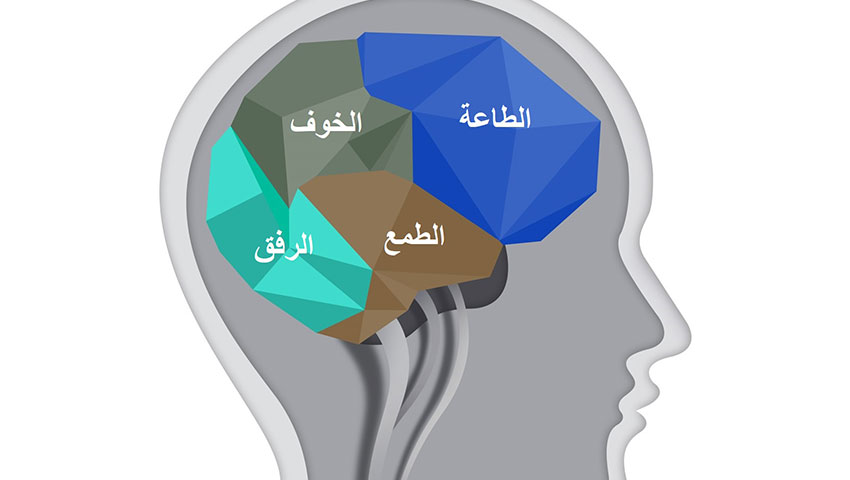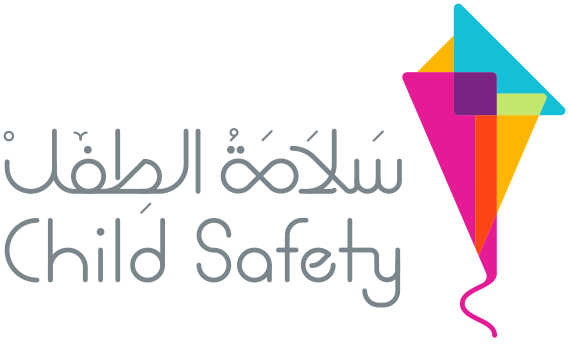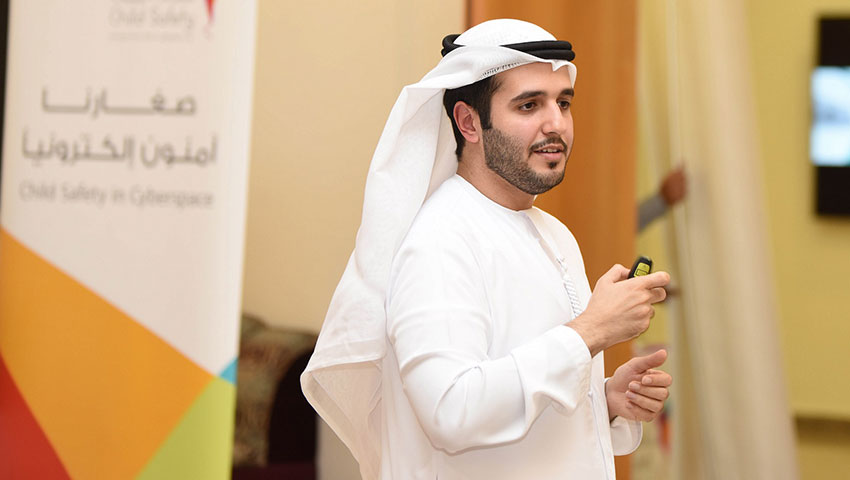350 parents across the emirate of Sharjah have undergone a series of training workshops designed by the Child Safety Campaign (CSC), to increase their awareness about the multitude of cyber threats their children face each time they go online.
The subsidiary of the Supreme Council for Family Affairs organised the workshops as part of its third edition in collaboration with the Telecommunications Regulatory Authority (TRA), and brought together a group of expert instructors from the Khalifa Empowerment Programme – UAE, the TRA, Sharjah Police and Sharjah City for Humanitarian Services (SCHC), to teach the 350 participating Sharjah Government employees ways to detect potential threats to their children while using the internet, and how to effectively safeguard them.
Held under the theme, ‘Social Engineering… Colours of Deception’, the workshops were organised across multiple locations in Sharjah, including the Sharjah Ladies Club Branches, SCHC, Sharjah Municipality, the Department of Family Development Centres, Districts and Villages Affairs Department, and Wasit Suburb Council.
The workshops showcased to parents the innovative ways in which cyber criminals earn children’s trust online, and eventually trap them into sharing private information, including last names, home address, school details, and more on social media platforms, which is then abused by these hackers in the most unassuming ways.

The presenters highlighted several tactics and methods used by cyber criminals to lure their young victims, among which are intimidation and the earning of trust by claiming they are reliable official, security or charity bodies, and in numerous cases tempting the victims with an offer of a financial reward. Once personal information of the victim (including pictures) is obtained, it is used to blackmail and threaten them.
According to statistical reports by the United Nations Children’s Fund (UNICEF), children represent one-third of Internet users worldwide, with over 170,000 new users joining the World Wide Web every day. Children are an easy prey to deception and manipulation online due to their lack of social experience and awareness of the essentials of cyber safety. This is why parents need to play a major role in ensuring their safety and privacy on the internet.
The CSC workshops embody a significant step towards safeguarding local communities from a ubiquitous global threat.
Hanadi Saleh Al Yafei, Director at the Supreme Council for Family Affairs (SCFA) and Head of the Organising Committee of CSC, said: “We adopted a comprehensive strategy to promote community awareness about the safe use of digital technology by children and young people and increase the chances of protecting them against cyber threats while using the internet.”
She added: “In our implementation of the third phase of CSC, we pay great attention to community and corporate partnerships. We have already carried out a range of training workshops with the TRA that have hugely benefited hundreds of children and parents.”

Engineer Mohammad Gayath, Executive Director of Electronic Safety Affairs at TRA, said: “Children’s uptake of internet services has shown an unprecedented escalation that must be addressed, and resolved to avoid any dangers. According to international studies, children spend exceptionally long hours using digital devices like smartphones, tablets and laptops. And although internet usage benefits children and young adults in many ways, giving them access to a world of information in a matter of seconds and enriching their minds with information, it also poses serious risks and challenges to their cyber safety, particularly cybercrimes.”
He added: “We have collaborated with the Child Safety Campaign to execute this workshop, as it is part of our mission to educate parents on how they can and must play a more active role in their children’s online lives, providing them the means and tools that help them to use smart devices safely,” he added.
These workshops come as part of the third edition of the Child Safety Campaign, which was launched in March 2017 under the slogan ‘Child Safety in Cyberspace’. The edition is aimed at children, parents, teachers and internet experts and seeks to highlight the vital role played by community organisations to protect children from social media hazards and ensure they stay safe online.


